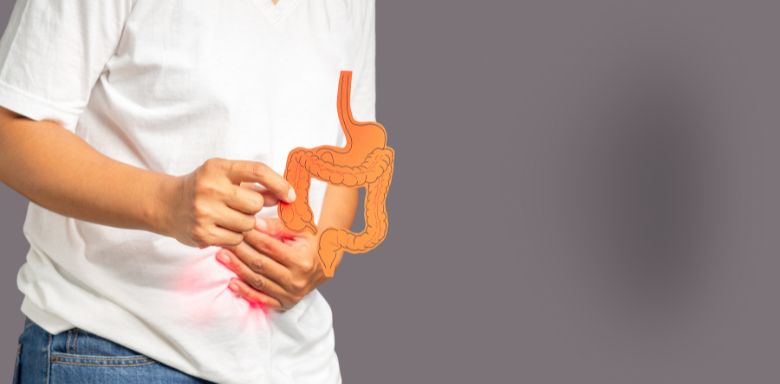How to Recognize and Treat Common Ulcerative Colitis Signs
Ulcerative colitis is a chronic inflammatory bowel disease that affects the lining of the large intestine and rectum. Early detection is key to managing symptoms, preventing complications and improving quality of life. While many people know to watch for diarrhea and blood in the stool, several other signs can be just as telling. Below are six common ulcerative colitis signs and tips on what to look for so you can start proper treatment.
1. Frequent Diarrhea
One of the hallmark signs of ulcerative colitis is persistent diarrhea. Those affected often have more than four loose, watery bowel movements in a single day. You may notice urgency to go and sudden urges that interrupt daily activities. Diarrhea can sometimes contain mucus, which appears as a clear or whitish coating in the stool. Track how often loose stools occur, especially if the pattern lasts for more than a week, and note any changes in consistency or frequency.
2. Blood in the Stool
Bleeding from the rectum is another classic symptom. You might see bright red blood on the surface of the stool, on the toilet paper or dripping into the toilet bowl. In some cases, bleeding mixes with stool, creating a darker, tar-like appearance. Alongside blood, you may spot mucus or pus, which signals inflammation of the intestinal lining. Any unexplained bleeding warrants prompt medical evaluation.
3. Abdominal Pain and Cramping
Inflammation in the colon often causes a dull or cramping pain in the lower abdomen, especially on the left side. These sensations can come and go but tend to worsen before passing stool. Some people describe a feeling of pressure or fullness rather than sharp pain. Keeping a symptom journal can help map when cramps occur and whether they coincide with meals, stress or flare-up periods.
4. Urgency and Incomplete Evacuation
Ulcerative colitis can trigger an urgent need to use the restroom, often with only a small amount of stool passed at a time. You may feel like you haven’t fully emptied your bowels, even after several trips to the toilet. This sense of incomplete evacuation, known as tenesmus, can be uncomfortable and disruptive to work, school or social events.
5. Unplanned Weight Loss
Chronic inflammation in the gut can interfere with nutrient absorption, leading to unintended weight loss. Loss of appetite often accompanies this, as eating may trigger uncomfortable symptoms like cramping or diarrhea. If you or someone you know drops more than 5% of body weight over a few months without trying, it’s important to discuss gastrointestinal causes with a healthcare provider.
6. Fatigue and Low-Grade Fever
Ulcerative colitis is not just a gut condition. It also triggers systemic inflammation. This can leave you feeling unusually tired, weak or lethargic, even after adequate rest. Some individuals also experience a low-grade fever (99°F to 100.5°F) during flare-ups. Persistent fatigue and unexplained fevers alongside digestive symptoms point to an underlying inflammatory process.
Treatment Options
Once ulcerative colitis is diagnosed, several therapies can help control inflammation, manage symptoms and promote remission. Treatment plans often combine medications, lifestyle adjustments and, in some cases, surgery.
- Aminosalicylates (5-ASA). Anti-inflammatory drugs such as mesalamine or sulfasalazine help reduce colon inflammation, especially in mild to moderate cases.
- Corticosteroids. Prednisone or budesonide can quickly suppress flare-ups but are typically used short-term due to side effects.
- Immunomodulators. Medications like azathioprine and 6-mercaptopurine adjust the immune response to prevent inflammation over the long term.
- Biologic therapies. Anti-TNF agents (infliximab, adalimumab) and integrin inhibitors (vedolizumab) target specific immune pathways to control moderate to severe disease.
- Janus kinase (JAK) inhibitors. Tofacitinib is an oral medication that interferes with inflammatory signaling in more advanced cases.
- Surgery. In refractory cases, proctocolectomy with ileal pouch-anal anastomosis can remove diseased tissue and restore bowel continuity.
Key Takeaways
Recognizing these six common signs—frequent diarrhea, blood in the stool, abdominal pain, urgency, weight loss and fatigue—can lead to early diagnosis and treatment of ulcerative colitis. With proper medical care and a personalized treatment plan, most people can achieve remission and maintain a good quality of life. If you experience any of these common ulcerative colitis signs, seek medical advice promptly.
